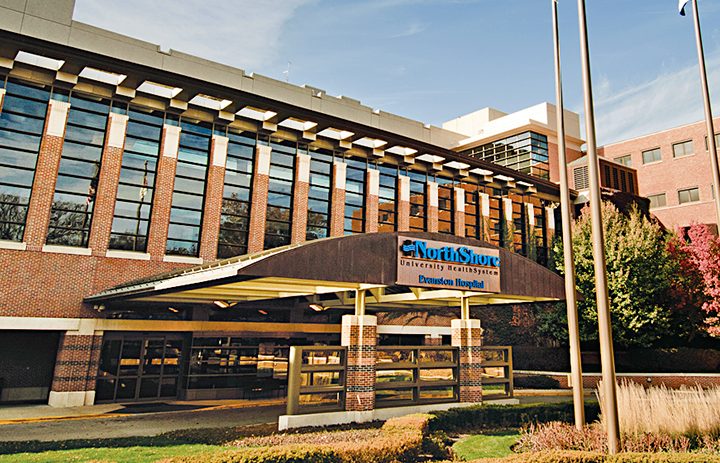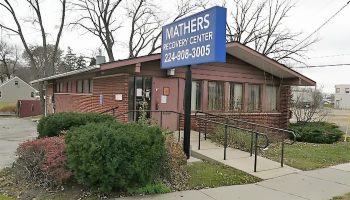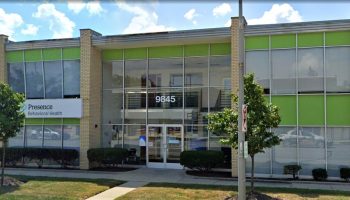About Evanston Hospital
Located in Evanston, Illinois, the Doreen E. Chapman Center at Evanston Hospital offers comprehensive treatment for substance abuse disorders in adults. Treatment includes a partial hospitalization program, ambulatory detox, intensive outpatient program, relapse prevention and a family program. They also serve individuals struggling with addiction combined with a mental health disorder or chronic pain.
The first step is an assessment completed by the onsite addiction psychiatrist and other trained professionals. Together, this multidisciplinary team will create a treatment plan tailored for the needs of each individual.
Ambulatory detox gives clients all the benefits of safe and effective withdrawal treatment with the flexibility of outpatient treatment. Individuals continue to live at home and attend the clinic for daily treatment. Medications such as methadone, buprenorphine and naltrexone may be administered during detox to ease symptoms.
Following detox, individuals may step down into one of the other levels of care offered at this facility. Relapse prevention planning including referrals to continuing care groups will be offered. The staff can also coordinate with outpatient providers and employee assistance professionals as needed.
The family program is designed to support family members through the treatment and recovery process. This program will include private and multi-family sessions.
The Doreen E. Chapman Center at Evanston Hospital accepts private pay and Medicaid. Patients may be referred to other treatment facilities which may be covered by private health insurance. Contact your providers to verify coverage as out of network benefits can vary.
Levels of Care
-
Outpatient
In outpatient therapy, you’ll attend therapy sessions several times each week while living at home. This is ideal if you have a strong support system and a lower risk of relapse. Outpatient treatment offers flexibility to maintain work, school or family obligations.
-
PHP
Partial hospitalization programs provide comprehensive treatment in a structured setting during the day but allow you to return home at night. These programs offer a balance of inpatient and outpatient rehab and provide intensive support without full time residency.
Detox Service Setting
-
Outpatient Detox
Outpatient detox gives you access to medically supervised withdrawal services while still allowing you to live at home. You’ll attend a clinic for treatment and monitoring. This flexible option is suitable for those with mild to moderate withdrawal symptoms who have strong support systems.
Programs
-
Adult (18+)
Adult programs address the substance use and life challenges specific to adults. Therapists can deliver sessions in individual, group and family settings. Services often include job support and life skills training in a structured environment.
-
Young Adult (18 - 25)
Young adult programs are designed for individuals who are transitioning into adulthood. Topics of discussion typically include identity, independence and peer relationships. Providers may also offer life skills training and career support.
-
Women
Women's programs offer a safe and supportive space to focus on gender specific issues such as trauma, family roles and mental health conditions. Therapists tailor the sessions to address women's needs and foster empowerment in a healing and nurturing environment.
-
Men
Men's programs address substance use while also considering the social pressures, family roles and mental health concerns that are specific to men. You’ll learn healthy coping mechanisms as you build emotional resilience and develop communication skills.
Accreditations
-
 Joint Commission
Joint Commission
Medications Offered
-
Methadone
-
Buprenorphine
-
Naltrexone (Vivitrol)
Contact
Evanston Hospital
2650 Ridge Court
Evanston, IL 60201





